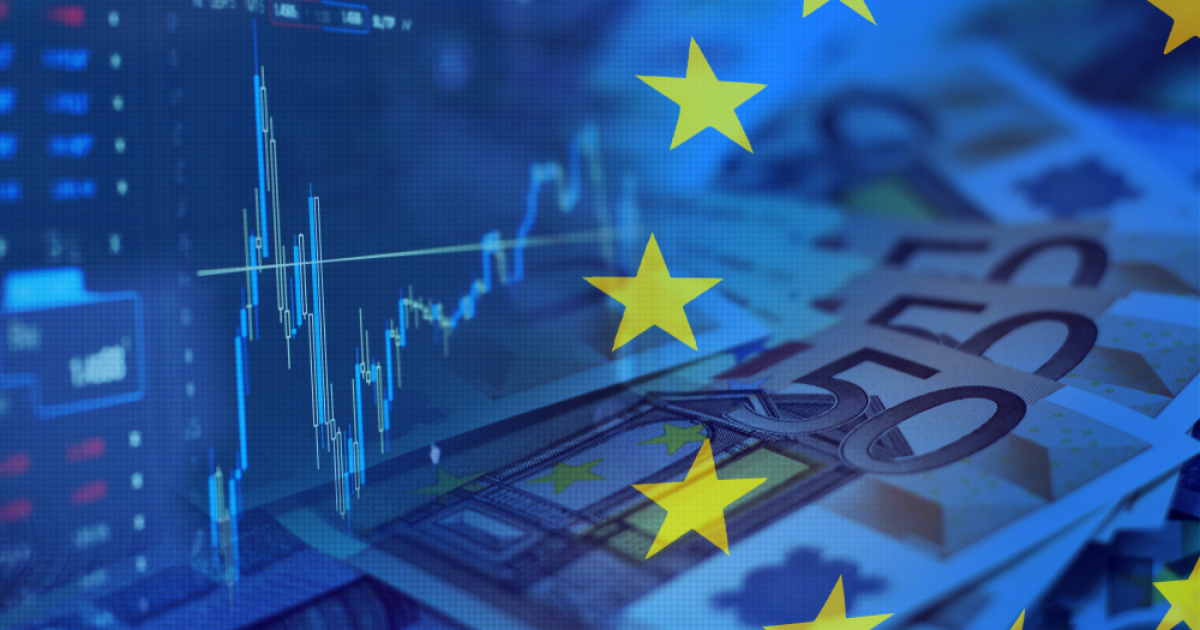
News Global Market EU 168 24 June 2025
Higher tariffs and a stronger euro are expected to slow exports in the near term
The European Central Bank (ECB) sees risks of a slowdown in economic activity in the eurozone in the near term, but the regulator is well positioned to navigate uncertainty. This was stated by ECB President Christine Lagarde at a hearing of the European Parliament’s Committee on Economic and Monetary Affairs.
Higher tariffs and a stronger euro are expected to hold back exports in the near term, while high uncertainty will delay investment decisions, she noted.
However, a strong labor market, rising real incomes, sound private sector balance sheets, and more favorable financing conditions should help support economic resilience and growth in the medium term. Investments in defense and infrastructure should also contribute to growth.
Christine Lagarde noted that growth could slow down in particular if global trade tensions continue to escalate, financial market sentiment deteriorates, and geopolitical uncertainty persists. In view of this, a rapid resolution of trade and geopolitical issues or a further increase in defense and infrastructure spending could stimulate economic activity more than expected.
Lagarde recalled that in early June, the ECB again lowered key interest rates. The regulator believes that at current levels, it is in a good position to navigate uncertainty. The European Central Bank’s monetary policy will be determined by an approach that depends on data and each individual meeting.
The ECB president also called on European lawmakers to speed up the introduction of legislation to support the launch of the digital euro.
As GMK Center reported earlier, on June 6, the ECB lowered key interest rates by 25 basis points, as well as inflation forecasts in the eurozone for the current and next years compared to March expectations. The regulator believes that inflation will be 2% y/y in 2025 and 1.6% in 2026. The decline mainly reflects lower assumptions about energy prices and the strengthening of the euro.
Core inflation (consumer prices excluding energy and food) is forecast by the ECB to average 2.4% in 2025 and 1.9% in 2026 and 2027, which is broadly unchanged since March. The European Central Bank has kept its estimate for eurozone GDP growth this year at 0.9%.



